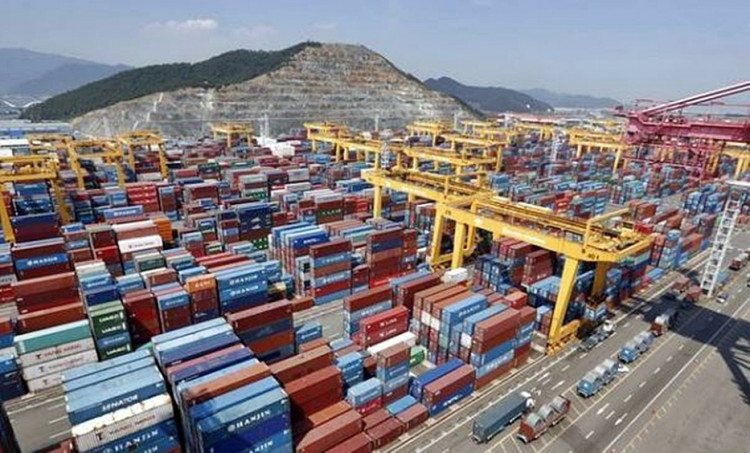Harried by critics and disgruntled businessmen, the government of President Moon Jae-in is taking desperate measures to rekindle growth in South Korea's stalled economy with a range of measures, including the largest fuel tax cut in a decade.
The government has announced a new set of measures to boost economic growth and create jobs. It now offers financial support for small companies and has cut the fuel tax by 15 percent to boost consumption in Asia's fourth-largest economy.
The government is setting aside $13 billion in financial support for small and mid-sized enterprises. This assistance will come in the form of credit from policy banks and tax benefits to help them invest. The fuel tax cut, however, will be temporary. It will last for six months from November 6.
It is the first time in a decade South Korea has implemented this large a fuel tax cut and it is the largest to date. Economists said the extent of the tax cut indicates the government's desperation to boost consumption.
The support measures followed an announcement by the Bank of Korea that lowered the country's GDP growth this year to 2.7 percent from its previous 2.9 percent. The bank pointed to weak jobs growth and global trade friction as the main reasons for the downgrade.
The moves came after finance minister Kim Dong-yeon warned the country's economic outlook might worsen due to the external risks (such as American tariffs). He vowed to mobilize all possible means to improve investments while accelerating deregulation.
More ominously, Kim said it's very unlikely the economy and job conditions will improve any time soon. He said the government needs to take pre-emptive measures to revive the economy and create jobs.
But these moves, desperate or not, might not have the intended effect because of the country's massive household debt that strangles consumption.
South Korea's unenviable household debt stood at 95 percent of gross domestic product (GDP) in the first quarter. The Bank for International Settlements pointed out this unsustainable debt is way above the average 60.8 percent for the G20 nations.
The unsettled economic outlook is also putting the crimp on corporate investment. Government data show total corporate investment in the second quarter fell 5.7 percent year-on-year. This unwelcome drop was made worse by restructuring in the shipbuilding and automobile sectors.
South Korea's exports plunged 8.2 percent in September year-on-year, the biggest drop in more than two years. And worse might be coming due to the ongoing tariff war being waged by the United States.
The government also plans to provide $1.14 billion in credit guarantees for struggling car parts makers and shipbuilding-related firms.






